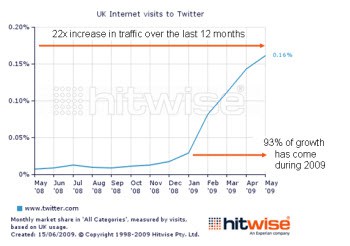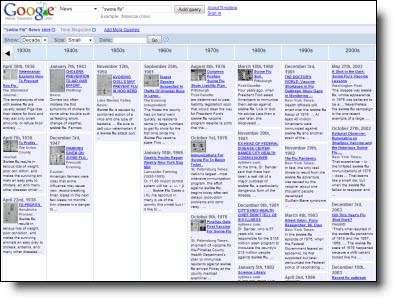Mirror neurons are essential to internet success
Web site visitors can be enticed away from their world and taken into the place you want them to inhabit – if you think about what you are doing with your web pages. Everyone who visits your site is in a different emotional state, has their mind on other things …





